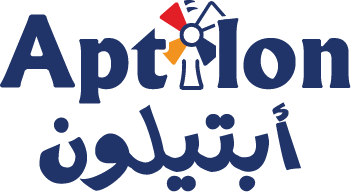22 weeks pregnant: Pregnancy Symptoms & Baby Development
Find out what to expect from every week of your pregnancy.
22 weeks pregnant is how many months?
Month 5 (Trimester 2)
Baby development at 22 week
Diet & nutrition
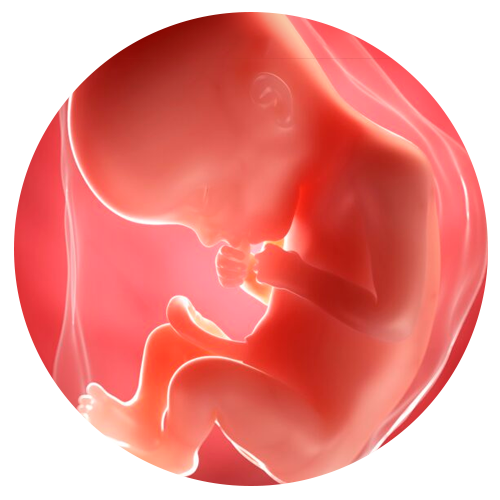
Your body
In week 22 of pregnancy, your baby will measure roughly 20cm from head to bottom (roughly the size of a coconut) and weigh around 450g.
Your voice is the clearest thing he or she will hear during pregnancy. Soon, your baby will start responding with sophisticated orienting movements. Your baby is also beginning to make out other sounds, rhythms and melodies. This is a good time to start talking to and, if feel like it, singing to your baby. Studies have shown that, just hours after birth, babies show a preference for their mother’s voice1.
The other sense that’s developing is taste. Your diet can influence what your baby will eat when born, so it’s best to avoid passing on a taste for junk food. Tuck into plenty of fresh veg that’s rich in vitamin C.
Your baby’s well ahead of the game and already producing their adult teeth. They line up behind their milk teeth, although teething doesn’t usually start until they’re about six months old.
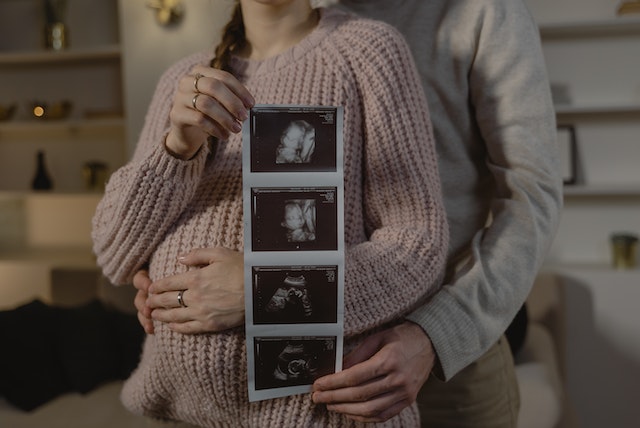
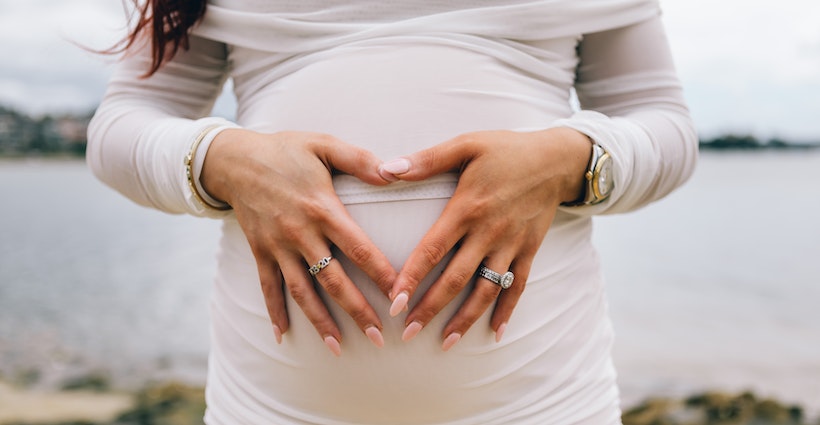
Pregnancy symptoms at 22 weeks
Mood swings
Belly pains
Cramp
It usually strikes at night, so make sure you turn a light on if you stand up to help clear it. You don’t want to trip and fall. Gentle exercise for your legs, ankles and feet may help prevent cramp.
Sleeping problems
Headaches
Indigestion and heartburn
As well as boosting your own immune system, vitamin C will also boost that of your baby. Vitamin C protects and keeps cells healthy, and supports both the immune and nervous system. Vitamin C also helps your baby absorb iron, which supports cognitive function.
The Reference Nutrient Intake (RNI) of vitamin C for pregnancy is 40mg each day – with an extra 10mg per day in the last trimester
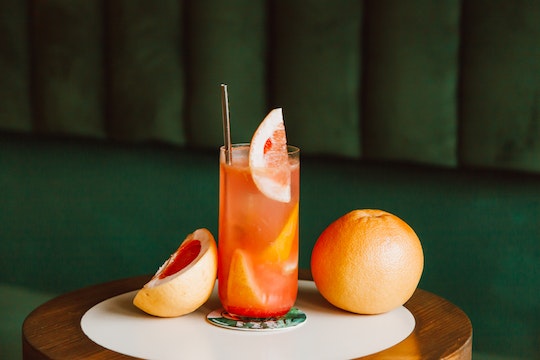
THE SCIENCE BEHIND VITAMIN C
Powered by Nutricia
Vitamin C is needed by your baby to help create collagen, a protein that creates the connective tissue that helps give your baby’s body its structure, while supporting their developing organs. Collagen also underpins teeth, skin, gums, cartilage, bones and blood vessels, and your baby’s wound healing ability.
Vitamin C is also important for ‘non-haem’ iron absorption. There are two forms of iron: one from animal products and ‘non-haem’ iron, from plants. Vitamin C helps your body absorb iron from plants, further reducing the risk of iron-deficiency anaemia, which can affect your own health and your baby’s development. Improving non-haem iron absorption from plants further builds up your baby’s iron stores to support learning and growth in their first six months of life
